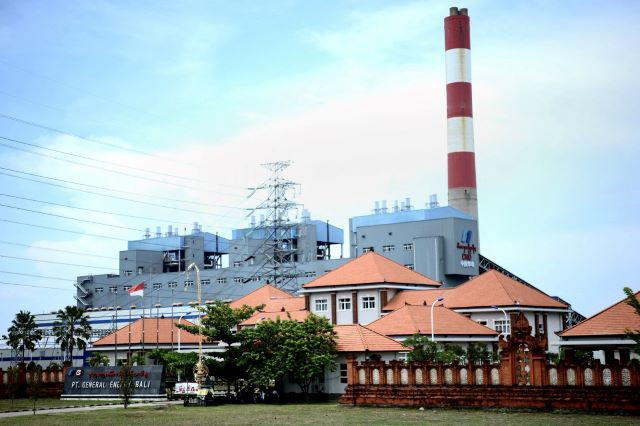Stimulus packages fail to impress European investors
European investors are still unimpressed by a number of fiscal incentives included in a series of economic packages issued by the government last year, though in general, they remain confident about the prospects of doing business in Indonesia
Change Size

E
span>European investors are still unimpressed by a number of fiscal incentives included in a series of economic packages issued by the government last year, though in general, they remain confident about the prospects of doing business in Indonesia.
According to the Joint European Chambers’ 2019 Business Confidence Index (BCI), 60 percent of respondents are still upbeat about Indonesia’s business momentum. The figure is slightly lower than 62 percent last year.
Significant improvements were recorded in several aspects. For instance, 35 percent of respondents are confident about the political environment, double than last year at 17 percent.
The confidence over regulatory environment and labor policies also increased by seven percentage points, each to 23 percent and 18 percent, respectively.
“The confidence in investing in Indonesia is still very high, and we are hopeful that with a new government and regulatory framework, the business environment will continue to be favorable so that sustainable investments from European businesses from Indonesia will continue to grow,” Corine Tap, chairwoman of the European Business Chambers of Commerce (EuroCham), said on Friday.
However, despite the survey’s positive sentiments, investors were not impressed by the economic stimulus provided under a series of economic policy packages implemented by the administration since early last year.
The regulatory environment and bureaucratic inefficiency remain the top two investment challenges like last year, with 78 percent and 75 percent of respondents worrying about those aspects.
Under such conditions, a staggering 43 percent of businesses are undecided about making large investments in Indonesia for the next two years, up from 37 percent in 2018.
Meanwhile, 23 percent of respondents answered with a firm “no” on the matter, and the other 35 percent said they would consider making big investments in the country.
Another significant concern that had emerged, Tap said, was regarding protectionism, one that was shared by many businesses globally.
Nevertheless, some policies are indicative of Indonesia’s protectionist tendencies toward foreign investors, she said, such as the negative investment list and halal restrictions.
“For [EuroCham] members, the negative investment list is one of these [protectionist measures]. The food and beverage industry obviously has concerns over the halal law,” Tap said.
She was referring to Government Regulation No. 31/2019 on halal products, which mandates all consumable products such as food, beverages, medicines and makeup to obtain halal certification.
Beyond the usual issues of regulations and market climates, 28 percent of businesses surveyed expressed their concerns about social stability issues, particularly security.
This figure is more than double from last year’s 13 percent.
Nick Holder, honorary secretary of the British Chamber of Commerce (BritCham) in Indonesia, noted that the survey had taken place in May, when the whole country had been plunged into postelection turmoil that peaked in the May 21-22 riot in Jakarta, killing eight people.
“We come back to perceptions of the people who live here and people from outside of Indonesia, who perhaps have taken decisions about locating investments,” Holder told reporters on Friday.
The index pointed out that European investment is spreading more across the archipelago. Expansion in Sumatra and Sulawesi, in particular, has increased by 38 percent and 29 percent, respectively, much higher than in Java, which averaged only 15 percent.









